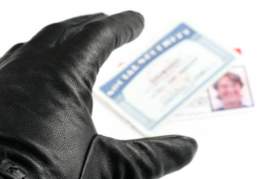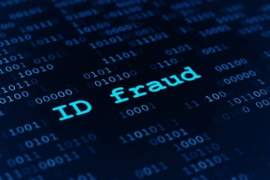
Understanding Credit Card Fraud

What is Credit Card Fraud?
Credit Card Fraud is a type of purposeful misrepresentation involving the misuse credit cards – or similar credit-based monetary systems. Credit Card Fraud can take place within a variety of settings, which include computer networks, the internet, E-Commerce and the online marketplace, and virtual-communicative activity; any or all of these methods may be undertaken in order to illicitly attain credit card information belonging to a victim of credit card fraud.
Due to the advent of technology, credit card fraud is not uncommon within a virtual setting, which can include the illegal and unlawful electronic access of personal financial information, the illicit attainment of personal electronic records or financial information, and the unethical and fraudulent misuse of credit cards belonging to other individuals.
Damage Caused by Credit Card Fraud
Although various means of Identity Theft exist, the multitude of results of this crime that span the severity of consequence are fairly uniform; victims of identity fraud my experience the loss of privacy, safety, security, and finances. Identity Theft undertaken by individuals engaging in credit card fraud may be committed over the computer with regard to the reception of stolen property purchased as a result of illegally obtaining another individual’s financial data and credit card information.
Due to the fact that the ability to purchase items and services through the internet creates a virtual marketplace in which credit card numbers - as well as other pertinent financial information – must be entered into a websites, the risk for hijacked information and subsequent Identity Theft is increased. The following are some measures taken by online marketplaces in order to avoid Identity Theft suffered by their customers and clients.
Credit Card Fraud Litigation
While the chance exists in which credit card fraud was committed without malicious or criminal intent, a prosecuting attorney engaging in criminal litigation must prove that criminal intent existed within an allegation of Credit Card Fraud.
In certain cases, commercial retailers – both physical and virtual – may require the production of accompanying identification in the midst of a credit card purchase. Furthermore, relatives and family members using credit cards belonging to other family members may be liable for credit card fraud charges.
How to Prevent Electronic Identity Theft
Methods undertaken in order to prevent Credit Card Fraud may include the implementation of Secured websites, required Passwords and heightened profile-based security measures, Telephone or email-based confirmation methods with regard to online purchases, the investigation of purchases or activities that do not follow specific – and individual – trends of behavior, and contractual compensatory means and financial restitution sponsored by the commercial operation in question.
Companies providing methods of Identity theft prevention - including Lifelock, which is one of the most widely-acclaimed and recognized – have employed protective measures ranging from securing online perimeters to communicative transmission inquiring about the validity of unsubstantiated activity; these types of companies have found their respective niche within the prevention of identity fraud upon providing protection in lieu of infringing on personal privacy.
NEXT: What Is Computer Fraud





















